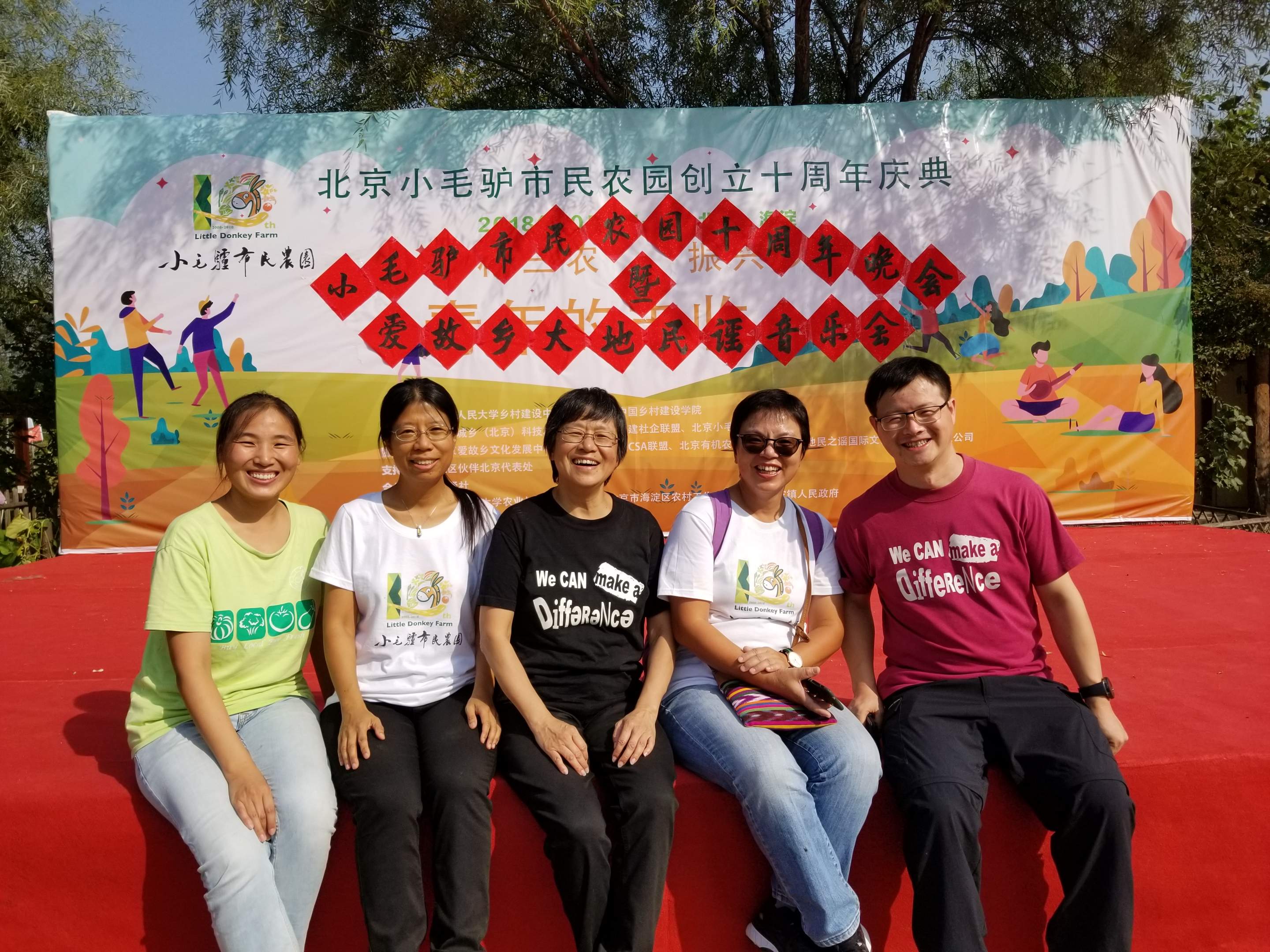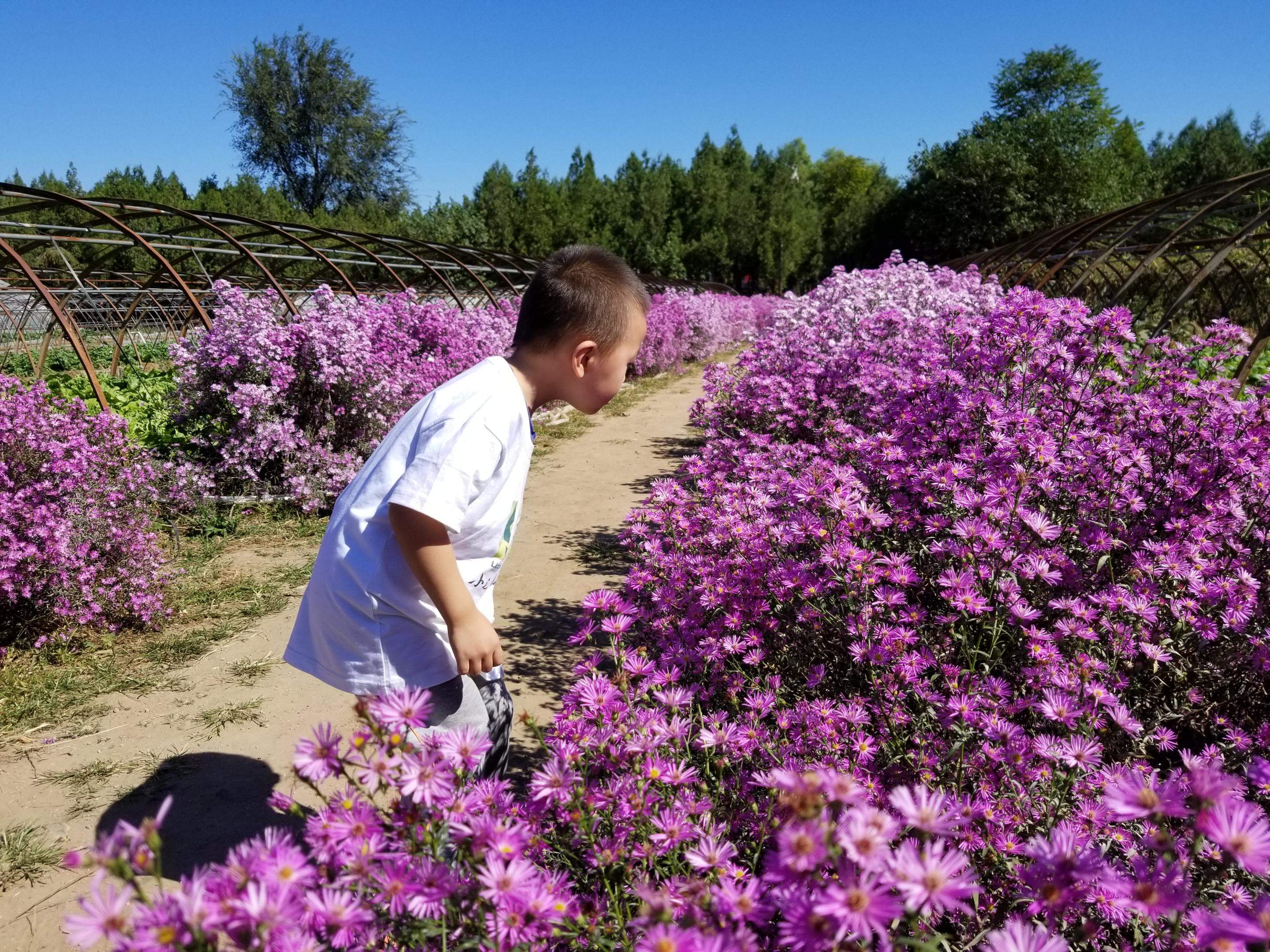Expert workshops focusing on the evaluation
criteria for art in social contexts with a focus on how to evaluate best
practices.
Date
27 October 2018
Time
3pm – 6pm
Boötes Limited, 8/F, Si Toi Commercial Building, 62-63 Connaught Road West, Sheung Wan Hong Kong
About The Little Donkey Farm
The Little Donkey Farm was established in April 2008 and it is the first Community Supported Agriculture farm in Beijing. It has endeavoured to include agriculture in the tertiary industry of culture and heritage through mobilizing not just farmers, but citizens, NGOs, and governments to join the sustainable agricultural movement. The Little Donkey Farm has promoted cooperative sustainable agriculture and raised issues on food and the environment, and has trained a large number of youths on farming and appropriate technology. For some years, it has organized the cultural project “Love Our Home Village”, forming a broad network of rural best practices. https://www.littledonkeyfarm.com/
About Yongji Peasant's Association
Yongji Peasants’ Association is the first peasants’ association in China officially registered under the Ministry of Civil Affairs in 2003. It is voluntary organization by peasants working in multiple sectors: technological services center, handicrafts cooperative, women’s club, youth farm, kindergarten, aged people’s home, and an ecological agriculture zone. The youth farm, named New Youth Commune, has attracted young people from local and non-local regions to live together and to experiment with organic farming, traditional food processing, and restoration of old houses.
The Workshop
The workshop will use the two cases to examine alternative practices in China related to sustainable agriculture and rural reconstruction, with a focus on how the projects undertaken are not just economic projects, but cultural projects for changes in attitudes and mentalities. It will also raise questions on how artists or practitioners can take an interdisciplinary approach to social transformation.
Questions that will be discussed among guest speakers and workshop participants may include:
1. How such alternative practices may be evaluated? In economic, sociological, ecological, and cultural terms? In their context of constraints and possibilities?
2. How the organizers and participants of the projects have been involved, and how would they perceive the relevance of the projects to social and personal change?
3. In the general context of 40 years of Reform in China, when individual attainment and competition are mainstream logic to define “success”, how can alternative values and criteria be nurtured or defended?



